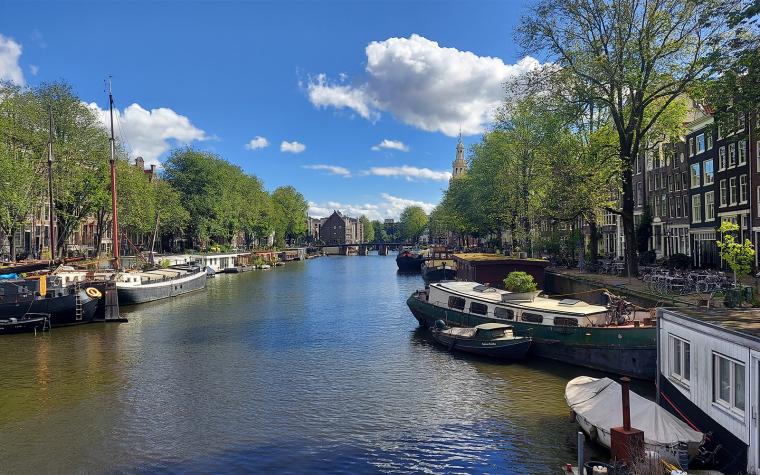By Maria Calvert, field specialist in human development, University of Missouri Extension
UNION, Mo. – Traveling to the mountains for vacation this summer? Or is the beach more your style? Either way, let’s explore the peaks and valleys of travel in regard to stress and mental health.
The peaks
• Travel may do a sleepless mind good. Getting away, even for just a weekend, can help break disrupting habits that are affecting your sleep.
• Travel reduces job burnout. The change in scenery can help you recharge, relax and connect better to yourself again.
• Travel can lift your mood. Planning a trip can help you escape tedious or mundane routines. Experiencing new sights and sounds help stimulate different parts of your brain and can boost your mood.
• Travel can help increase mental resiliency. We know traveling can be both exciting and intimidating, but facing difficulties in an unfamiliar environment can help you to learn and adapt outside of your comfort zone, strengthening your patience and problem-solving skills.
• Travel allows you to discover new things that give you pleasure. Did you try a new food that you can now learn to cook? How about that watercolor class you took at an art gallery – maybe you found a new hobby? Was it simply taking the time to eat breakfast instead of just grabbing your coffee and heading out the door? Reflect on ways you can extend the pleasure of vacation and travel into the things you do every day.
The valleys
• Travel can make you feel out of sorts. The reason is exactly that; you are out of your usual routine.
• Travel can put you in unexpected situations while in a new place and around new people.
• Travel can force you to give up your sense of control by challenging your perceptions, exposing personal limitations and altering your thinking, mood, behavior and reactions.
So, how can you help reduce stress and protect your mental health while traveling?
Before your trip
• Make an appointment with your health care provider at least 4-6 weeks before to your trip to discuss any destination-specific vaccines, medicines and information. During your appointment, discuss any mental health history and concerns.
• Find out if your health insurance will cover medical care along your journey and at your destination. Consider purchasing additional insurance if coverage is not met.
• Build your itinerary to meet your needs. How can you bring some familiarity with you to your new setting?
• Pinpoint which parts of travel make you feel stress. For example, if you worry about missing your flight, build in plenty of time to get to the airport.
• Make a packing list. This can help to make sure you don’t leave anything behind and let you feel prepared as a traveler. Consider printing out any important documents you might need, like boarding passes, in addition to having them on your phone, just in case your phone stops working or cellular service is lagging.
During your trip
• Practice healthy habits during travel.
• Get help if you feel stressed, anxious, depressed, etc.
• Identify local medical services in case you need them.
• Incorporate activities that bring you a sense of comfort.
• Know your mental and physical limits. Be sure to regularly reassess your plans and make changes as needed to minimize stress levels.
After your trip
• Book an extra day or two off after you return to help get back into your routine and adjust from any jet lag.
• Follow up with your health care provider if you sought treatment during your trip or have concerns post-travel.
Sources
- The Mental Health Benefits of Traveling (Lee Health)
- Mental Health and Travel (Centers for Disease Control and Prevention)
- Five Reasons Why Travel Is Good for Your Mental Health (Forbes)
- How To Handle Travel Stress (Jefferson Center)
Photos
Canal in Amsterdam
Looking down a canal in Amsterdam, Netherlands. The city’s many canals have enormous cultural and historical value to the Dutch. MU Extension human development specialist Maria Calvert says her travels challenged her to step outside her comfort zone but also provided enriching and positive experiences with memories to last a lifetime. Photo by Maria Calvert.
Fjord in Norway
Looking out into the Geirangerfjord, a 10-mile-long fjord in Norway. This area is a UNESCO World Heritage Site, and breathtaking bluffs lead into the water below. Photo by Maria Calvert.
Aerial view of Alaska Range
View from a helicopter ride over part of the Alaska Range near Healy, Alaska. Photo by Maria Calvert.


